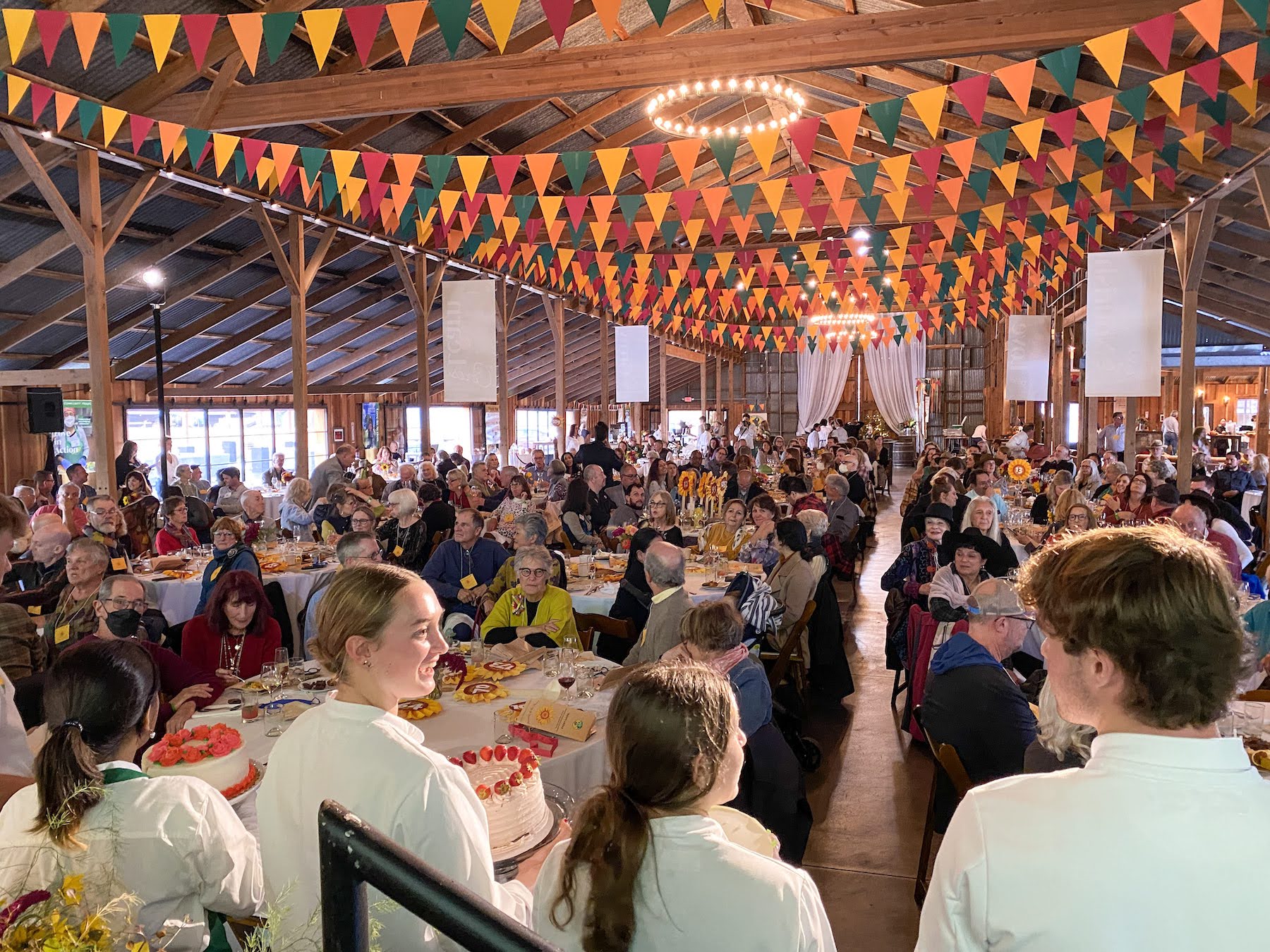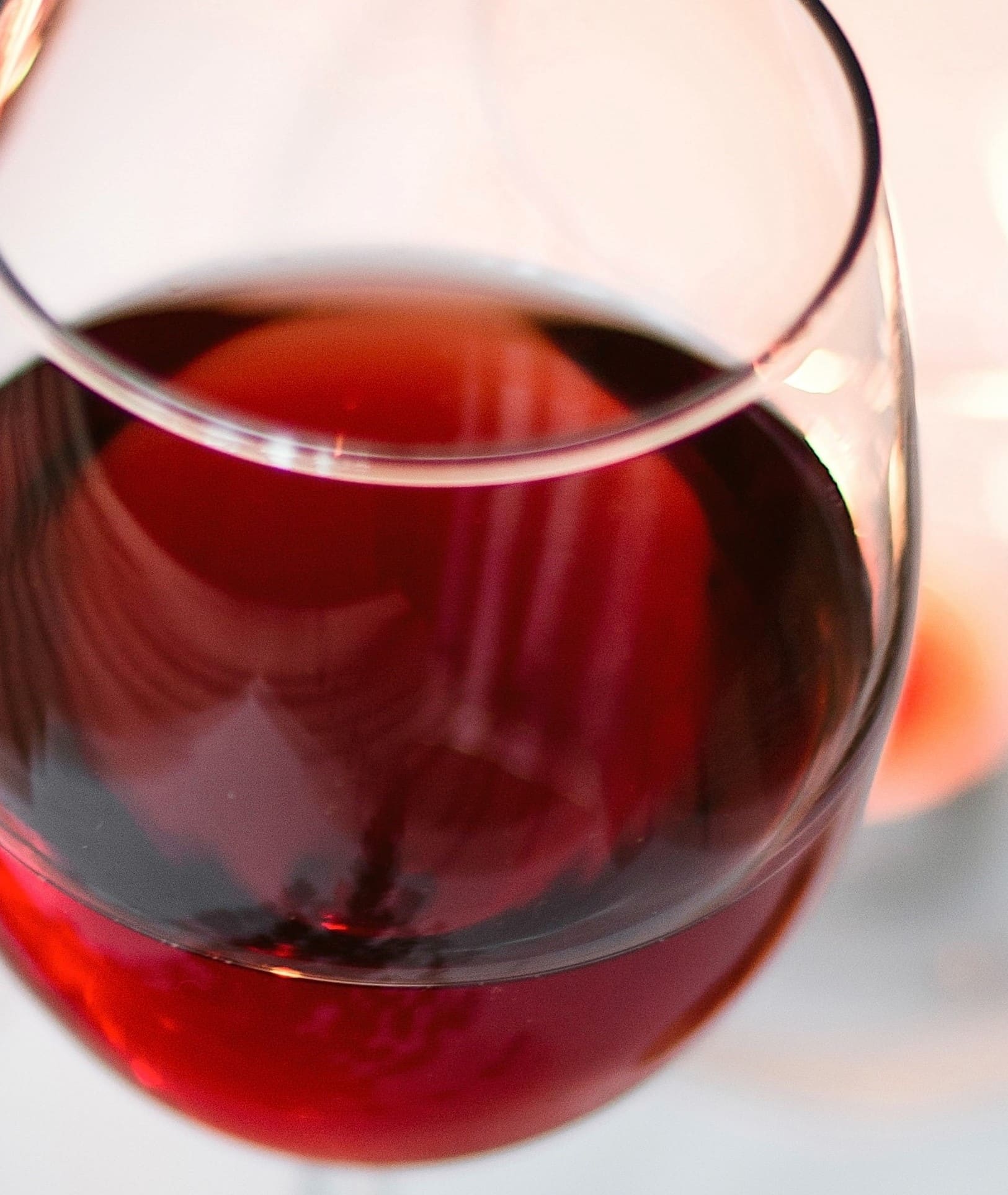Wineries Known For Sustainable Practices In Sonoma - Vineyards Near Sebastopol
Wineries Known For Sustainable Practices In Sonoma - Vineyards Near Sebastopol
Blog Article
Wineries With Sustainable Practices - Wine Tasting At Sonoma Vineyards
Wine tasting is commonly considered an art form, one which goes beyond merely having fun with a beverage. It embraces a complex interaction of flavors, aromas, and textures that requires dedicated practice to actually master. Many who enterprise into the world of wine tasting quickly understand that it entails much more than just sipping wine. Bettering sensory skills through devoted winery wine tasting can elevate the experience, transforming an off-the-cuff drinking occasion into a complicated exploration of the senses.
At a basic degree, wine tasting engages the senses of sight, scent, taste, contact, and even sound. Every element performs an important function in appreciating the nuances of a wine. When one first pours a glass of wine, the rich hues can present preliminary insights into its age and varietal. Observing the color and readability helps kind expectations concerning the wine's flavor profile. Many don’t totally appreciate how this visual evaluation can set the stage for what's to follow.
The subsequent step is to engage the sense of odor. Swirling the glass aerates the wine, allowing its volatile compounds to flee and fill the air with its bouquet. The nose entails some fascinating layers—different aromas can signal numerous features of the winemaking course of, including the sort of grapes used, fermentation methods, and aging circumstances. Creating a eager sense of scent can be a game-changer in wine tasting.
Wineries In The Heart Of Sonoma County Wine Region - Winery In The Sonoma Wine Region
To enhance this sensory skill, wine enthusiasts are sometimes encouraged to take part in devoted tastings at wineries. These tastings permit people to focus solely on the sensory experience (Romantic Winery Destinations In Sebastopol). Tasting classes led by knowledgeable sommeliers or winemakers can provide insights into figuring out distinct aromas. Learning to distinguish between floral, fruity, earthy, and spicy notes can empower a taster to articulate their experience with greater precision.
As one practices their sensory skills, they may uncover that their taste preferences evolve. This transformation typically occurs after multiple tastings. A wine that initially seemed overwhelming would possibly reveal hidden layers of complexity with a bit of experience. Understanding how to isolate particular person flavors similar to acidity, sweetness, bitterness, and umami contributes considerably to the overall wine experience.
One Other essential factor in improving sensory skills is the context by which wine is tasted. Environmental components like temperature, lighting, and even the company current can influence perceptions. At a winery, an optimum setting can reduce distractions and enable a extra profound exploration of the wine (Intimate Wine Tasting Experiences In Sonoma). Practicing conscious tasting techniques encourages a more immersive experience, allowing tasters to hone in on their senses.
It isn't solely about individual perception, although. Participating with others during a tasting can even improve sensory skills. Sharing notes and discussing impressions fosters a deeper understanding of the wine. This collaborative approach encourages members to articulate their sensory experiences, thereby broadening their linguistic repertoire associated to wine tasting.
Breathtaking Views From Sonoma Wineries - Sonoma Wine Region Vineyards
Additionally, pairing wine with food can considerably improve the tasting experience. Completely Different combinations can deliver out unique flavors in each the wine and the dish. As one tastes a wine alongside specific foods, they'll begin to recognize how sure parts in the wine complement or distinction with what they are eating. This skill of pairing is one other layer that enriches sensory development.
Coaching one’s palate can contain a variety of exercises. Some enthusiasts have interaction in systematic tasting experiences, sampling a variety of wines that showcase different varietals, areas, or vintages. Exploring this variety can sharpen the ability to discern nuances throughout different wine profiles. Over time, this practice builds a mental library of flavors that may be accessed throughout future tastings.
Notably, written notes serve a dual purpose: organizing one’s ideas and reinforcing reminiscence. By writing down observations about each wine, tasters can observe their progress over time. Detailing the characteristics of wines assists in solidifying knowledge, in the end deepening one’s appreciation of what they eat.
Moreover, attending workshops or classes targeted on sensory analysis may also be beneficial. Many wineries provide these instructional packages to help people refine their skills. Often, educated instructors guide individuals by way of structured tastings, specializing in specific parts of the wine. This level of schooling reinforces the sensory skills asynchronously and challenges tasters to consider their experiences from completely different angles.
Wineries With Scenic Views - The Beauty Of Sebastopol Wineries

Over time, the commitment to enhancing sensory skills by way of devoted winery wine tasting can yield important rewards. The enjoyment derived from wine turns into layered and multifaceted. No longer restricted to a easy preference for "purple" or "white," tasters start to understand the tales behind every pour. They cultivate a palette capable of navigating the complex landscape of flavors with confidence.
In conclusion, the journey of enhancing sensory skills via dedicated winery wine tasting is as rewarding as it's gratifying. It requires focus, commitment, and a willingness to learn, but the outcomes far exceed the preliminary effort. By engaging multiple senses and collaborating in considerate discussions, people not solely turn into more adept at identifying flavors but in addition develop a deeper appreciation for the craftsmanship behind each bottle. The process transforms wine from a mere beverage into a wealthy tapestry of sensory exploration that beckons enthusiasts to delve deeper. As skills enhance, so too does the enjoyment, enriching life experiences one sip at a time.
Best Wineries For Sunset Views In Sebastopol - Greatest Wine Tasting Locations In Sonoma
- Partaking the palate by way of various wine varieties enhances the power to inform apart flavors and aromas, refining overall sensory perception.
- Collaborating in guided tastings promotes centered consideration on refined characteristics of each wine, nurturing crucial tasting skills.
- Learning to establish particular grape varieties fosters a deeper understanding of terroir, which aids in recognizing regional flavor profiles.
- Incorporating food pairings throughout tastings can heighten sensory awareness, as different tastes can influence each other and alter perceptions.
- Training the art of swirling and nosing wines allows individuals to connect olfactory cues with taste, enhancing the power to articulate sensory experiences.
- Attending workshops that emphasize blind tastings trains members to rely purely on their senses somewhat than preconceived notions, enhancing objectivity.
- Elevating sensory skills can result in higher wine choice skills, empowering people to make knowledgeable selections based on personal preferences.
- Engaging with knowledgeable sommeliers offers insights into wine-making processes, which deepens sensory appreciation and enhances vocabulary for describing wines.
- Regular participation in tastings encourages memory development of flavors and aromas, aiding within the formation of a personalized sensory profile over time.
- Sharing tasting experiences with peers fosters dialogue, selling communal studying that may improve individual sensory skills via collaboration.undefinedWhat is the purpose of improving sensory skills through wine tasting?

Bettering sensory skills via wine tasting permits people to reinforce their ability to establish and appreciate the varied aromas, flavors, and textures of wine. This heightened sensory awareness can result in a deeper understanding of wine and an general enriched tasting experience.
Wineries Known For Handcrafted Wines - A Visit To Sebastopol Wineries
How can hop over to these guys I develop my sensory skills at a winery?
You can develop your sensory skills at a winery by taking part in guided tasting classes that target particular varietals. Have Interaction with educated employees who can provide insights and encourage you to take notes on your impressions, enhancing both your observational and descriptive talents.
What ought to I anticipate throughout a dedicated wine tasting experience?
Wineries Near Sonoma Square - Discover Sebastopol's Wine Scene
Throughout a dedicated wine tasting experience, count on to sample a number of wines while receiving targeted training about every one. You May learn concerning the winemaking process, tasting techniques, and tips on how to discern different sensory characteristics, all in a relaxed surroundings.
Is prior information of wine essential to benefit from a sensory skills workshop?
- Sonoma's Top Sparkling Wine Producers
No prior data of wine is necessary; the workshops are designed for all ranges of experience. Beginners will find priceless information to build from, whereas seasoned tasters can refine their skills and expand their palate even further.
How do sensory skills impression my overall wine appreciation?
Romantic Winery Destinations In Sebastopol - Winery In The Sonoma Wine Region
Enhancing sensory skills significantly enhances your total wine appreciation by allowing you to establish subtleties and complexities in wines. This deeper understanding enriches your tasting experience and helps you make knowledgeable selections primarily based on personal preferences.
Are there specific techniques I should use whereas tasting wine to improve my sensory skills?
Vineyard Tours With Guided Tastings In Sonoma - Wineries In The Sebastopol Region
Sure, using techniques such because the "SWOT" methodology (Sight, Swirl, Odor, Sip, Savor) could be useful. Pay consideration to the wine's appearance, aromatics, and mouthfeel, and take your time with each sip to fully explore the flavors and sensations.
What sort of wines are typically included in sensory skills tastings?
Usually, sensory skills tastings embrace quite so much of wines that showcase totally different regions, varietals, and styles. This range helps individuals identify distinct traits and enhances their capability to differentiate between wines.
Can sensory skills workshops be personalized to my tasting interests?
Wineries With Educational Tours In Sonoma - Unique Wine Tasting Experiences In Sebastopol
Many wineries supply personalized choices for sensory skills workshops, allowing you to focus on specific kinds of wines or themes that interest you, such as organic wines or unique regional offerings. It Is finest to inquire instantly my review here with the winery for tailor-made experiences.
Is there a approach to practice sensory skills after leaving the winery?
Sure, you'll have the ability to practice your sensory skills at home by tasting totally different wines and maintaining a tasting journal. Experimenting with various food pairings and aromatics can further improve your understanding of how flavors work together, reinforcing the abilities gained on the winery. Report this page